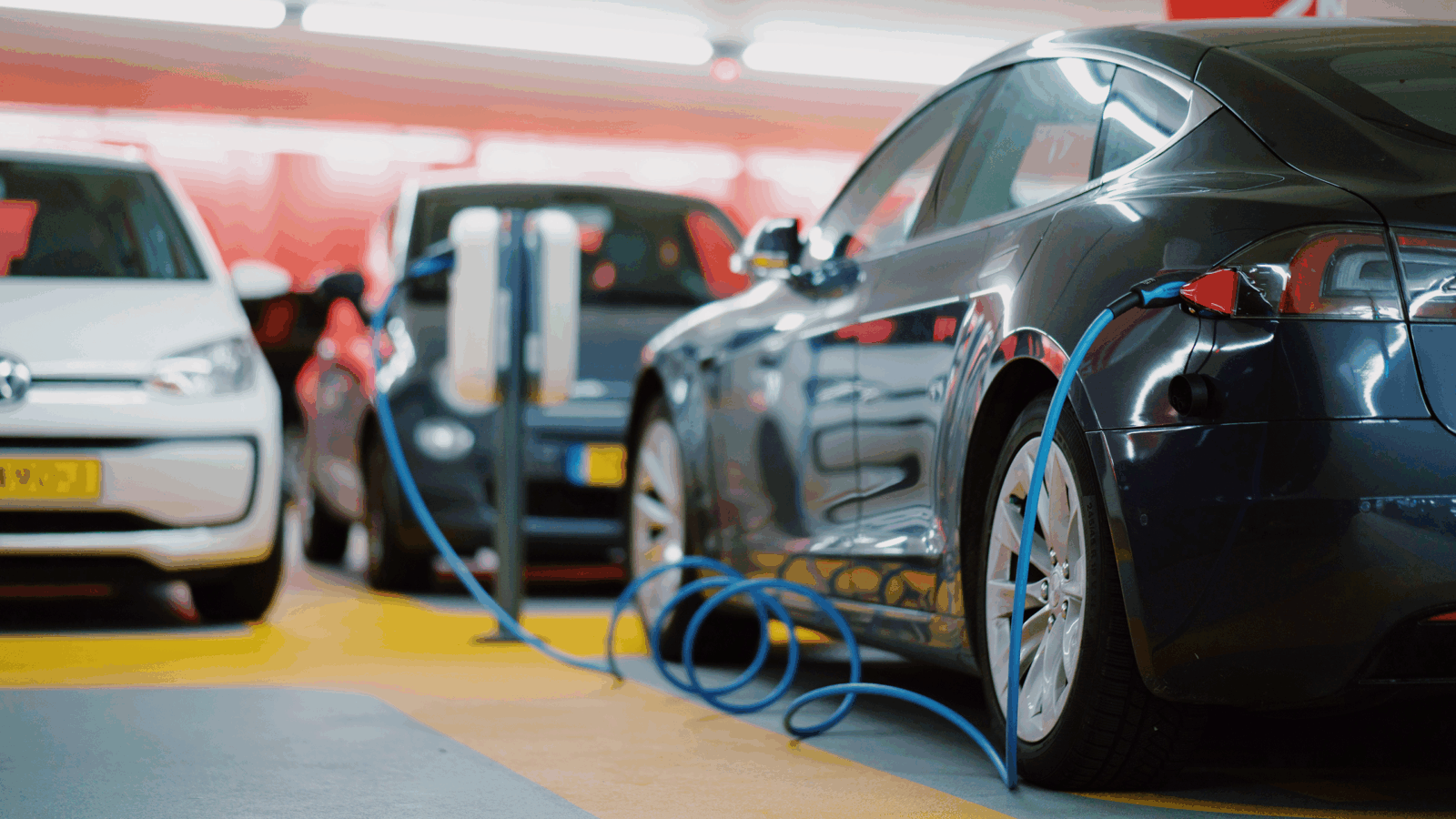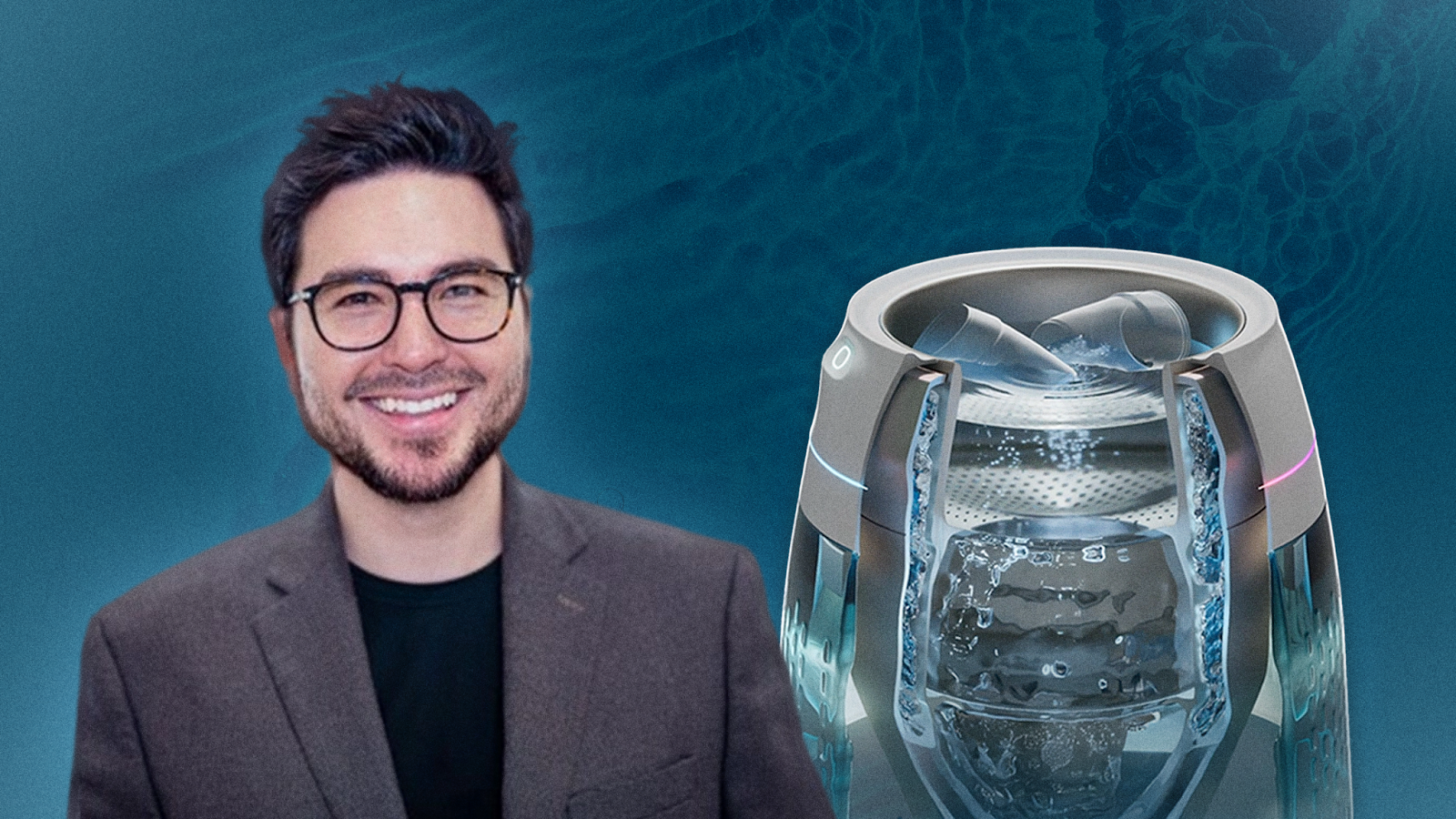Good morning.
If someone illegally downloads Baby Love by the Supremes, is it the internet provider’s fault? The other supremes may soon have the legal answer. The US Supreme Court agreed on Monday to hear a case brought by music labels including Sony, Universal and Warner that concerns whether telecom giant Cox Communications should be liable for music piracy by its customers.
If the ruling, expected to come during the court’s next session beginning in October, favors Cox, it would safeguard the company from a $1 billion music industry lawsuit and possibly impact other cases, including a similar $2.6 billion music industry action launched against Verizon last year. It would be a major relief for internet providers but create a potential torrent of issues for companies that produce and license music and movies.
EV Dealerships Urge Slow-Walking Tax Credit Cutoff Amid ‘Big, Beautiful Bill’ Debate

Monday saw a “vote-a-rama” on Capital Hill that has since stretched into Tuesday morning, as lawmakers debated a flurry of amendments to President Donald Trump’s big, beautiful budget reconciliation bill, which could hit his desk in the coming days.
If passed, the legislation may soon impact everything from personal and corporate taxes to the federal debt, Medicaid and artificial intelligence regulations. But one affected group in particular, electric car retailers, wants to drive into a sunset with its hand on the emergency brake.
Sudden Acceleration
If you’re currently toying with the idea of upgrading what’s in the garage, there remains a $7,500 tax credit on new electric vehicle sales and leases and a $4,000 credit for used ones. They’re especially popular among EV buyers: Last November, JD Power found that 87% of them used the tax credit, and roughly half of EV buyers and lessees said they picked their car based on credits and incentives. Their voltage, however, is set to dim like headlights hooked up to a low battery.
The House of Representatives’ version of the “big, beautiful” bill would have allowed the credits to remain in place until the end of 2025 and all the way to the end of next year for automakers that have sold fewer than 200,000 EVs. Then Senate Republicans opted to accelerate toward sunset: The latest revised bill in the upper chamber would end the tax credits on September 30 — it would also axe fines for automakers that fail to meet fuel-efficiency standards, essentially making the rules voluntary and emboldening manufacturers to produce more gas-powered cars. EV dealers, meanwhile, warned lawmakers that the sudden policy shift would jeopardize jobs and sales:
- Used vehicle retailers Carmax and Carvana were among the signers of a letter to Congress asking for a “gradual sunset” of EV tax credits rather than legislation that would “abruptly eliminate” them. “A slow phase-out would ensure market stability,” reads the letter, which was shared on LinkedIn by Alex Lawrence, the CEO of Utah EV and hybrid dealership EV Auto and an associate professor at Weber State University. “Sudden elimination will disrupt the used car market, a backbone of the American economy.”
- The letter, citing International Council on Clean Transportation data, cautioned that a “sudden” axing of the tax credits might jeopardize an estimated 130,000 auto manufacturing-related jobs and 310,000 indirectly related jobs by 2030.
Can’t Catch a Brake: The used EV market in the US, for the time being, is booming. Cox Automotive said last week that it estimates used EV sales will jump 45% year-over-year in the second quarter to more than 100,000. But experts have already warned that rollbacks to EV incentives will slow sales growth big time. Before the US election, the International Energy Agency predicted US battery-electric and plug-in hybrid sales would make up nearly half of all new car sales by 2030 but now expects that figure to be just 20%. Cox also expects that all car sales will slow in the coming months as manufacturers are hit with tariff costs. The firm predicts the price tag for new cars may rise by 4% to 8% and last week, it slashed its projection for new car sales this year to 13 million from 13.3 million. On the other hand, Cox analysts kept their used car sales forecast of 20.1 million – ranks that any EV-coveting potential buyers would be wise to join before pumpkin spice latte season.
Meet The Genius Who Invented Plastic That Dissolves In Water

The world produces 450 million metric tons of plastic waste each year. Microplastics are seeping into our oceans and food. They even show up in our bodies. So you can imagine how revolutionary a new kind of plastic that completely dissolves in water would be.
Thatʼs exactly what Timeplast created.
The company patented a water-soluble, time-programmable plastic that vanishes without harming the environment. It has the potential to disrupt everything from water bottles to packaging, and even materials beyond plastic.
Major players are already partnering with Timeplast — they had 6,000% revenue growth in a single month.
Now you can invest in Timeplast as it scales in its $1.3 trillion market.
Shein, Temu Sales Slide After Losing US Duty-Free Loophole
Temu’s struggling to sell its dizzying array of ultra-budget goodies ($7 sneakers, $15 rugs, $3 bearded dragon cowboy costumes) as American shoppers ditch the Chinese retailer. Half of Temu’s monthly US users left the marketplace between March and June, according to Sensor Tower, slashing its total shoppers to 40 million. Fast-fashion rival Shein’s monthly users dropped 12% to 41 million in the same time frame.
There’s more than one reason for the declines. In May, POTUS Trump scrapped the “de minimis” exemption that had allowed Shein and Temu to ship packages worth less than $800 to the US duty-free. At the same time, his administration’s fluctuating double-digit tariffs have hit the retailers’ supply chains.
Unraveling Thread
Shein and Temu quickly became top US retailers by hawking ultra-cheap, heavily marketed products. Temu spent millions on its “Shop Like a Billionaire” Super Bowl ads, while Shein splurged on social media.
Both retailers were able to keep their prices low and stay on top of trends by drop-shipping products directly to Americans’ doors from Chinese factories, rather than sending bulk shipments to warehouses first. Now, Shein and Temu are trying new tactics:
- Temu said it stopped shipping goods from China to the US in March, only displaying products from its US warehouses on its US site. Shein is reportedly expanding its production in India, with plans to start shipping India-made clothes to the US within a year.
- Both Temu and Shein have shifted focus to non-US shoppers. While the retailers slashed ad spending in the US, they’ve jacked up marketing budgets for the EU and UK by double-digit percentages. Temu’s users increased by more than 70% in France and Spain last month, and Shein’s UK users rose by as much as 20%. However, both the EU and the UK are considering levying import duties.
Shopping Around: Both Shein and Temu won over US customers by racing to the bottom of the bargain bin and leveraging Chinese factories to churn out thousands of trendy tops and more. Any price hikes and supply-chain slowdowns resulting from the demise of de minimis could prompt shoppers to return to rivals like Amazon. However, retailers may be fighting over thinner wallets. Zara-parent Inditex and H&M both reported weaker second quarters than analysts expected.
Apple’s Film Division Finally Finishes First at Box Office
Like the woebegotten racing crew in its new blockbuster F1, the Apple TV+ film division has long been scrambling for an elusive first-place finish. And like those same scrappy underdogs (mild if not entirely predictable spoiler warning for the movie), Apple has now finally scored a spot on the box office podium.
This weekend, F1 roared to a $144 million global box office finish, securing the top spot on the US charts. The win could mark a turning point for the Big Tech player’s studio — though, fitting for a movie about one of the most logo-spackled sports in the world, a couple of key corporate partnerships can’t be overlooked.
F1 is a Team Sport
While Apple has been able to produce a string of TV hits — think Ted Lasso, Severance, and The Studio — making commercially successful movies has proven a little more difficult. High-profile releases such as Killers of the Flower Moon, Argyle and Fly Me to the Moon mostly proved to be high-profile bombs. Last year, the studio even shifted the release of Brad Pitt-George Clooney buddy caper film Wolfs from theaters to streaming-only to avoid a similar fate.
But F1 was too big to fail. The film — which came from the writer/director/producer trio behind smash-hit Top Gun: Maverick and pre-packaged with Pitt’s star appeal — triggered a bidding war across the industry, with Apple ending up the victor. The studio then sank as much as $300 million into the film, according to reporting from Puck. To recoup its investment, Apple turned to one of its bidding rivals, WarnerBros. Discovery, to handle its distribution and marketing, with WBD entitled to a share of the box office that scales with the number of tickets sold, according to a recent report in The Wall Street Journal.
In its first weekend, the partnership has proven successful (though the film, which was also made in collaboration with the eponymous racing group, will need to sustain its top speed for a couple more weeks to prove an actual hit). Still, it’s an encouraging win for Apple:
- With just around 45 million subscribers, Apple TV+ remains a small player in the streaming wars, though Apple is still spending around $4.5 billion a year making TV and movies — and losing about $1 billion per year in the process, according to a report from The Information in March.
- While that amounts to relatively small potatoes for a company that generated around $180 billion in gross profit in 2024, the company has started eyeing the division’s bloated budgets and pushing for more cost control, according to a Bloomberg report from last year.
A New Winning Formula? The company may be learning some broader lessons from partnering with WBD, and not just in its content business. On Monday, Bloomberg reported that Apple is considering using technology from Anthropic or OpenAI to power a new version of Siri after struggling for a long time to make significant strides in AI on its own. Translation: Hey, we’re really good at making race cars; now can someone else come grab the keys and get behind the wheel?
Extra Upside
- Caught With Their Pants Down: Athleisure giant Lululemon is suing Costco, claiming that the big box giant ripped off the designs of its chinos and yoga jackets and is selling “unauthorized” versions of them.
- New York State of Grind: Luckin Coffee, China’s top Starbucks competitor, opened its first two stores in New York City on Monday, bringing the competitors’ face-off to the Big Apple.
- Get Your Free HR Software Matches: SSR offers free, unbiased advice and personalized HR software recommendations — plus a $50 gift card for your time. No pressure, just expert help. Find the right HR software, fast.**
** Partner
Just For Fun
Disclaimer
*This is a paid advertisement for Timeplast’s Regulation CF Offering. Please read the offering circular at invest.timeplast.com.

